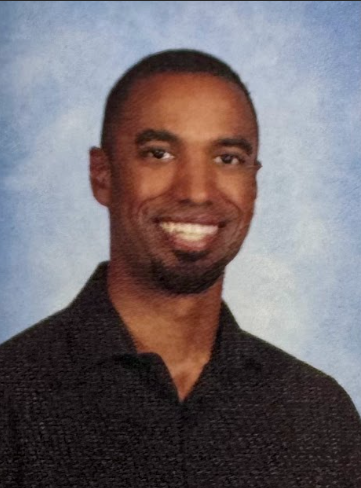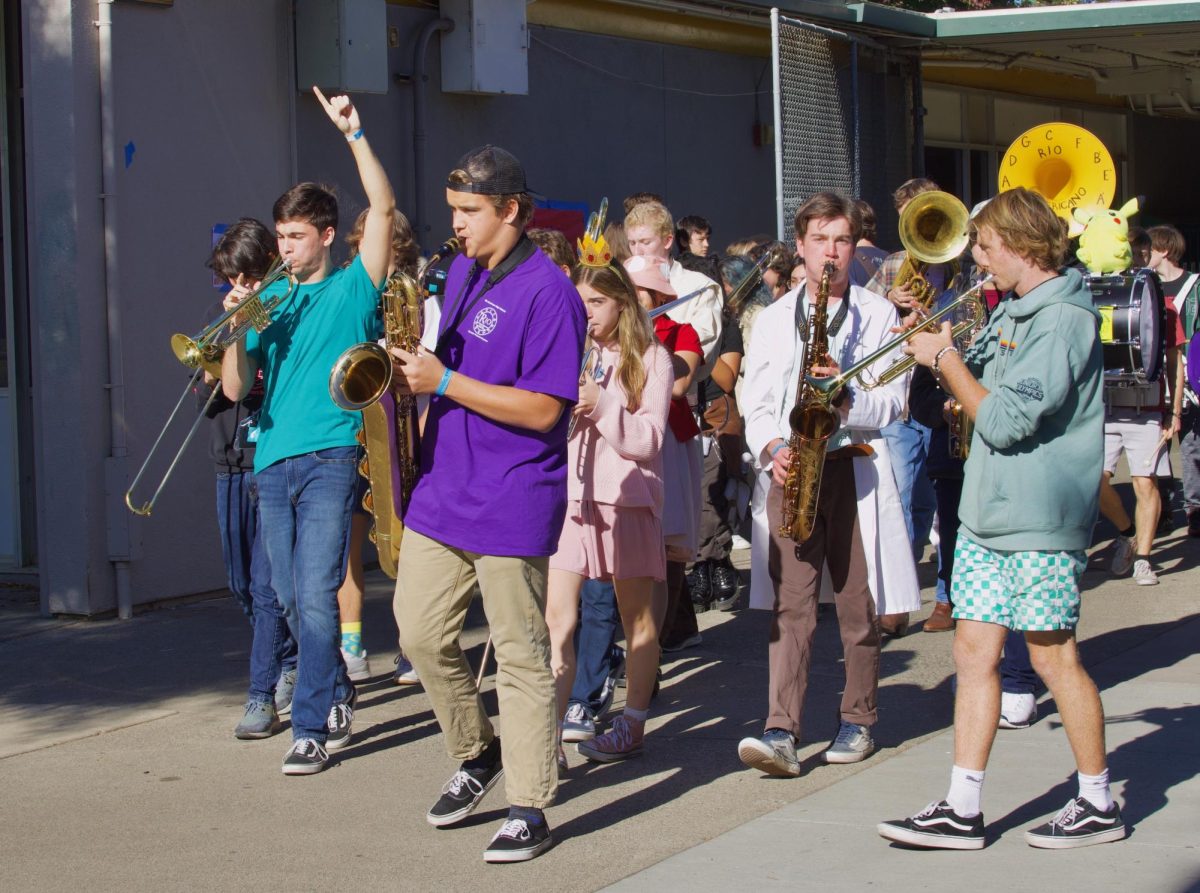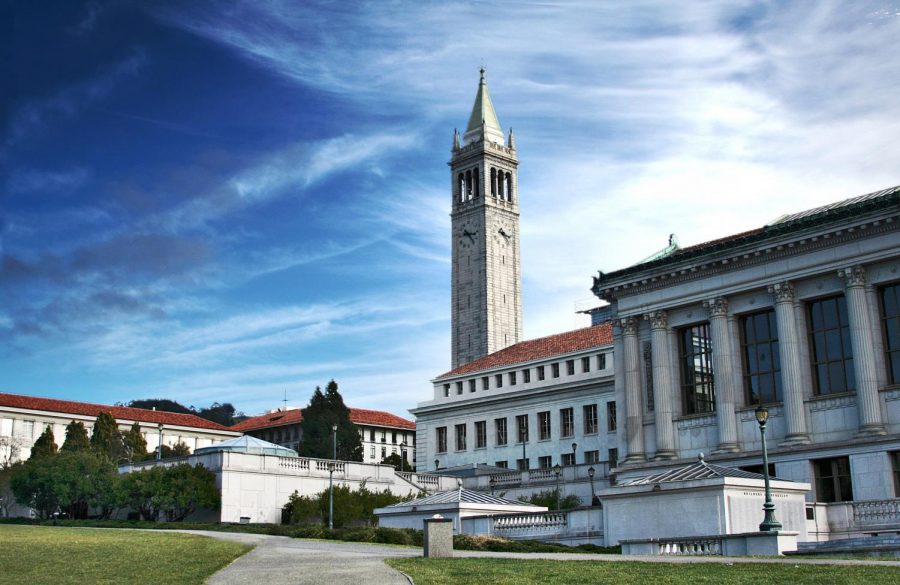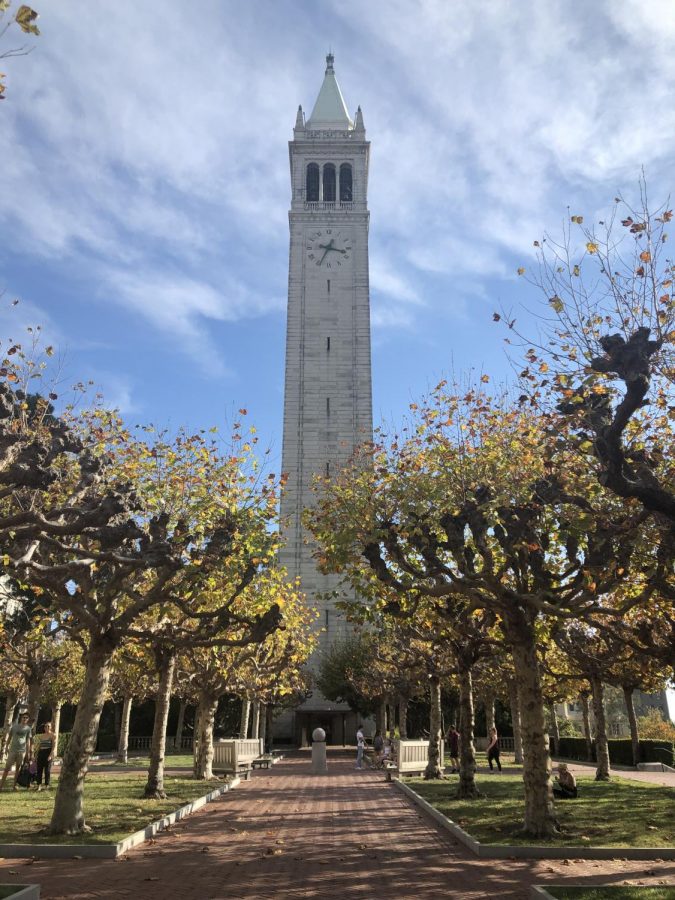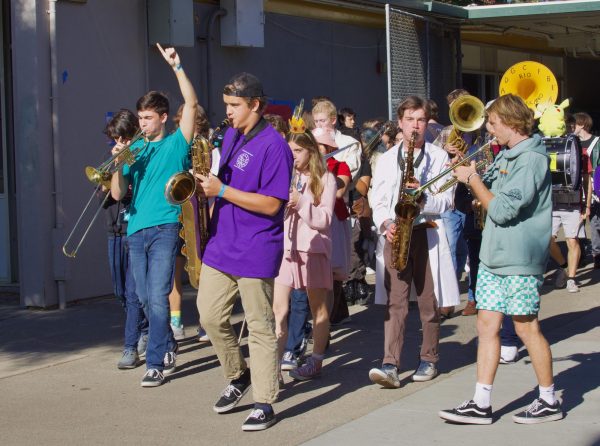Coddling Of The American Mind
Photo By Rio Alum Lauren Calcagno
The Sather Tower is a recognizable symbol of UC Berkeley, where college students have led many riots over the years.
As a Generation Z begins to enroll in college and Millennials leave to enter the workforce, psychologists, civil rights activists and other professionals observed a disturbing trend in universities: a rise in fragility and safetyism on campus.
First Amendment expert Greg Lukianoff and social psychologist Jonathan Haidt brought attention toward the issue in 2018, when they wrote their book The Coddling of the American Mind.
Haidt and Lukianoff define safetysim as a culture or belief in which emotional safety has become a sacred value, making those who believe in it increasingly sensitive.
Since they published their book, the nation’s attention has shifted towards first amendment rights on college campuses.
Most recently, a debate at the University of Wisconsin prompted Assembly Bill 444. The Wisconsin State Assembly took executive action on Jan. 23 on AB 444, though it is unclear at this point what their executive action entailed.
The bill aims to make the University of Wisconsin System adopt a policy that would protect expressive rights on campus. AB 444 would force UW campuses, and possibly some technical colleges in Wisconsin, to discipline students who impede other student’s or speaker’s free speech.
As Gen Z arrives at universities, however, experts have seen a significant increase in such cases. When Gen Z began to dominate universities in the 2017-2018 school year, there were over 11 instances when speakers were shut down by students of opposing views.
In September of 2017, in a notable uprising, students at UC Berkeley caused the administration to cancel Milo Yiannopoulos’ speech due to violent protests.
While Yiannopoulos shares controversial and often provocative ideals, the protests caused $100,000 worth of damage and injured a minimum of six individuals.
The Free Speech Movement originated at Berkeley, leading many experts to question why students at what was once fighting for free speech would impede on a speaker’s ability to voice his or her opinions.
Well-intentioned overprotection from some parents has increased over the years and as a result, sensitivity on college campuses have risen.
Rio alumni Lauren Calcagno experienced protests at Berkeley during the past fall semester.
“One time there was a very conservative speaker that came to talk at campus and there were these massive protests against her coming to speak,” Calcagno said. “It goes to show a lot of times the liberal views are pressed upon you, especially at Berkeley.”
University culture is shifting as more students and professors tend to lean left. Disconfirmation bias, or believing something false because it aligns with one’s views has increased in popularity over the decade.
A Cato Institute survey of 3,000 American college students revealed that 40 percent would ban a speaker for saying men are better than women, 51 percent would ban a speaker for saying all white people are racist and 41 percent of people would ban a speaker who said that illegal immigrants should be deported.
Although these opinions are controversial, students miss hearing both sides of the argument and learning how to accept others’ views.
“Although it might not be your political view, you should still learn about the different viewpoints because it’s informative,” said senior Mia Davis.
One study conducted by the Knight Foundation in 2019 revealed that most students supported the free speech aspect of the first amendment, but were unsure of where to draw the line on what constitutes as offensive.
“Even if the liberals disagreed with that speaker, I believe their violent protest was a little bit too extreme and they overreacted in a sense,” Calcagno said. “That conservative speaker has just as much the right to voice her opinions as liberals do to voice theirs. People in Berkeley need to remember that both sides have the right to speak their minds.”
In the name of emotional well-being, college students cause teachers to issue trigger warnings in classes and plead that some sensitive material not be taught.
In Dec. of 2019, a Harvard student asked that rape law not be taught as it was too sensitive of a subject.
“Discomfort is a vital part of opening one’s perspective,” said Leaderman. “It’s important that students are able to acknowledge contrasting opinions without letting it affect their education.”
These microaggressions are becoming increasingly frequent on college campuses and are causing universities to change their teaching styles.
Through a combination of political polarization and the way new generations are being taught and raised, fragility on college campuses appears to be a prominent issue for the next decade.


